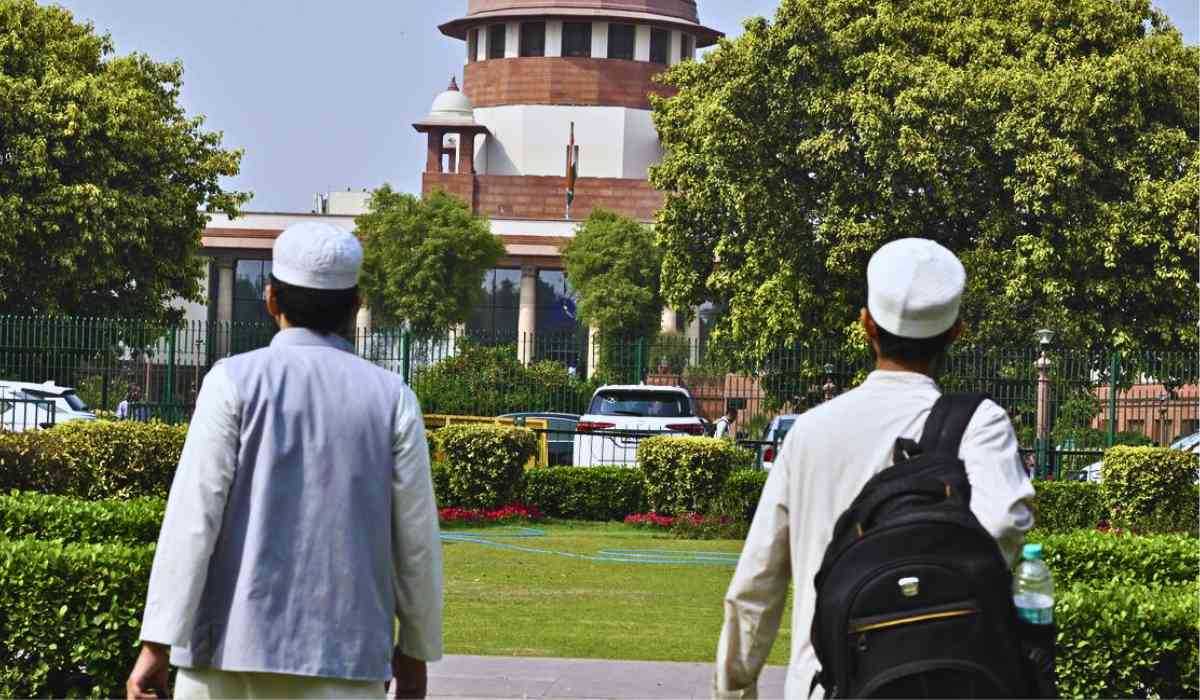The Waqf Board hearing is making headlines across India, as the Supreme Court examines the new Waqf (Amendment) Act, 2025. This law changes how Waqf properties-lands or assets donated for religious or charitable purposes in Islam-are managed. The hearing has sparked debate, protests, and even some confusion. Here’s a simple breakdown of what’s going on, why it matters, and what both sides are saying.
What Is the Waqf (Amendment) Act, 2025?

The Waqf (Amendment) Act, 2025, is a new law that updates the rules for managing Waqf properties in India. Waqf properties are usually mosques, graveyards, schools, or hospitals donated by Muslims for religious or charitable use. The law aims to improve how these properties are registered and managed, but it also brings some big changes that not everyone agrees with.
Why Is the Supreme Court Involved?
Several people and organizations, including political leaders like Asaduddin Owaisi, have challenged the new law in the Supreme Court. They argue that some parts of the law may violate the rights of religious groups to manage their own affairs. The Court is now hearing these petitions to decide if the law is constitutional or if it needs to be changed.
What Are the Main Issues?

The Supreme Court is looking at a few key questions:
-
Who can create a Waqf? The law now says only someone who has practiced Islam for at least five years can create a Waqf. Some say this limits religious freedom.
-
What counts as a Waqf property? The law removes “Waqf by user,” meaning properties that have been used for religious purposes for a long time but never officially declared as Waqf, may lose their status. This could affect many old mosques and graveyards.
-
Who sits on the Waqf Boards? The law allows non-Muslims to be members of the Central Waqf Council and State Waqf Boards. Some believe this interferes with the community’s right to manage its own religious affairs.
-
Government control and property disputes: The Court is also concerned about how the law treats government land and private trusts that were previously considered Waqf by court orders.
What Has Happened So Far in Court?
The Supreme Court has held several hearings. The government has agreed not to make any big changes-like removing properties from the Waqf list or appointing new board members-until the Court makes a decision. The Court has also said that undoing the status of old Waqf properties could cause problems, especially when some mosques are centuries old and don’t have official documents.
The case is complicated, with hundreds of petitions and a lot of legal arguments. The Chief Justice has said that the Court needs more time to hear everyone out and won’t rush to make an order.
Why Does It Matter?

This case is important for several reasons:
-
Religious freedom: The decision will affect how religious communities manage their own affairs and properties.
-
Property rights: Millions of people live on or near Waqf properties, and changes could affect their homes, businesses, or places of worship.
-
Social harmony: The law has sparked protests and even violence in some places. The Supreme Court has urged everyone to stay peaceful while the case is pending.
Different Perspectives
Supporters of the law say it will make Waqf management more transparent and prevent misuse of properties. They argue that including non-Muslims on the boards can improve accountability and reflect India’s diversity.
Opponents believe the law interferes with religious autonomy and could lead to loss of historic properties. They worry that requiring proof for old Waqf properties is unfair and that non-Muslim members on the boards undermine the community’s rights.
What Happens Next?

The Supreme Court will continue to hear arguments from both sides. It may take weeks or months before a final decision is made. Until then, the government has promised not to make any major changes to Waqf properties or board appointments.
The Bottom Line
The Waqf Board hearing is about more than just property laws-it’s about balancing religious rights, government oversight, and social harmony. The Supreme Court’s decision will set an important precedent for how India manages religious and charitable trusts in the future. For now, everyone is watching and waiting for the Court to decide what’s fair and constitutional for all.
With inputs from agencies
Image Source: Multiple agencies
©️ Copyright 2025. All Rights Reserved Powered by Vygr Media.






















